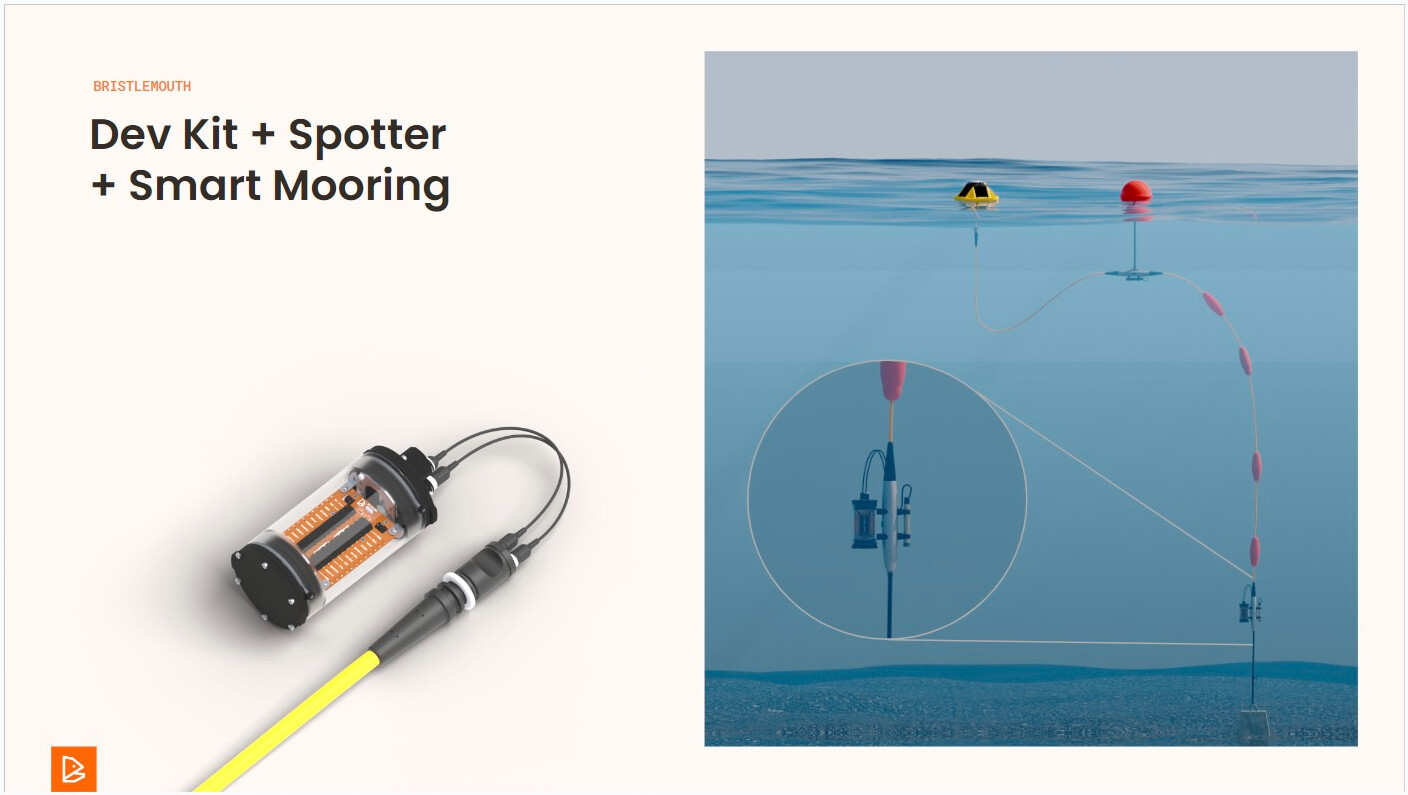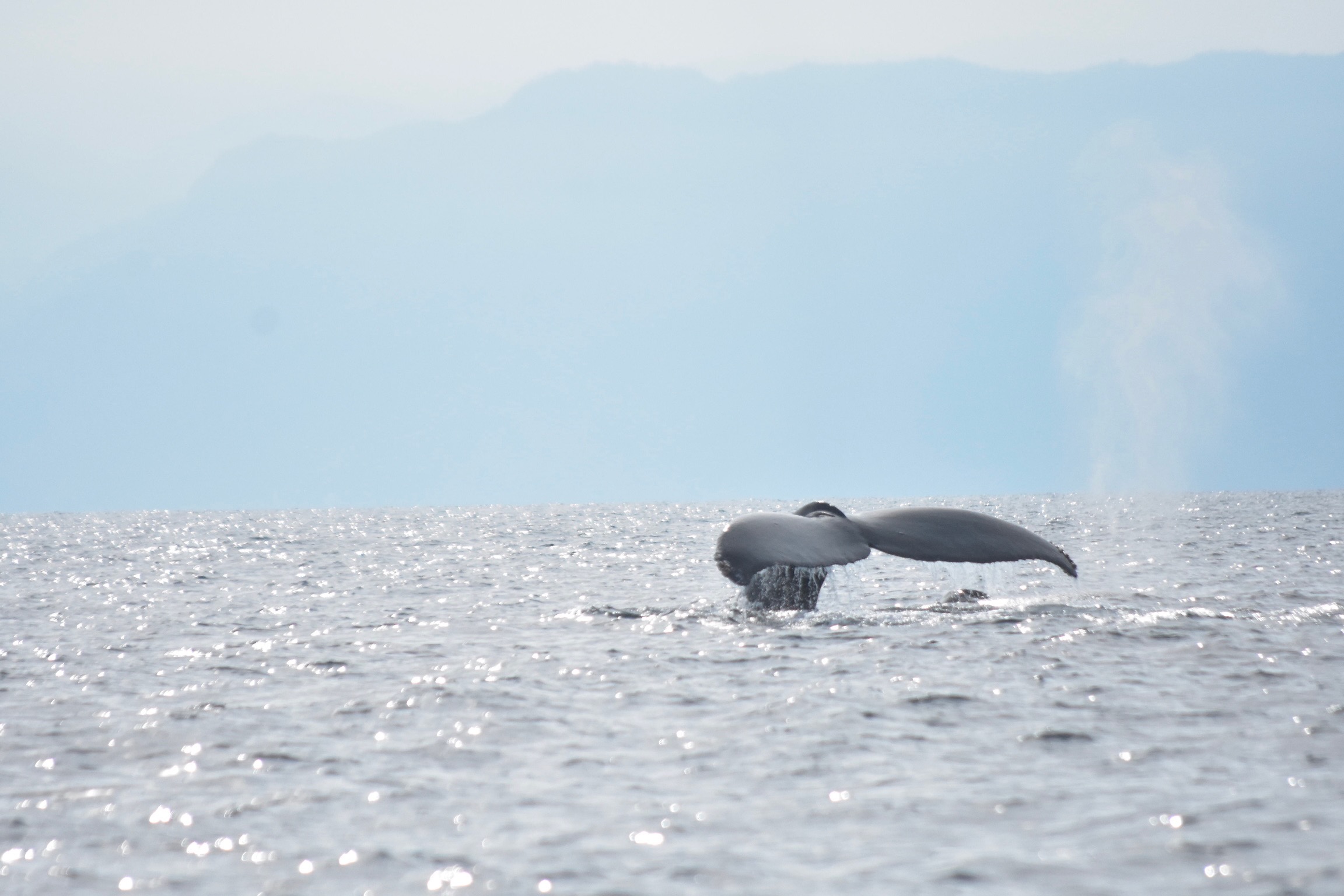I’ve been accepted into the Bristlemouth Pioneer Program. I’ve been granted a SOFAR Spotter with a Development Kit. I want to build a system capable of autonomously recording whale song (and other ocean data). Humpback Whale songs is incredibly interesting - and scientists have JUST been able to actually talk to whales.
But really getting all “science fictiony” - can we build an ocean phone system to talk to whales?
Disclaimer: this is a personal project. My employer has nothing to do with it. This is all me, in my sparse spare time.
Bristlemouth - What is it?
Bristlemouth is an “open standard delivering plug-and-play hardware interfaces for marine applications.” But it’s really more than that. That’s the focus. But the technology solves a set of problems that include the ocean - and other harsh environments (think jungles, mountains, lakes, rivers).
Cellular/Satellite communications for data collection. Check. Power via solar charging and robust distribution to wired components? Check. Data networking over the same wires as power? Check. Waterproof. Rated for deep ocean pressure. Standardized. Check. Software infrastructure for automatic topology detection and message passing framework. Check. All of this right out of the box. As a developer all you have to do is integrate your sensors into the platform. The time and effort to build a marine sensor just dropped by 1000x.
Stop.
You have no idea how powerful this is. Science is slowed by everyone having to re-invent wheels. If Bristlemouth is succcesful we will see an explosion of new sensing devices deployed into the world. The barriers to entry are reduced: cost and time. And funding should be made easier too. Investment risks - even from grants - goes down if most of the platform is standard and field-proven. All you need is the new parts where the developers have the most subject matter expertise and you can be live in the field in a fraction of the time and expense.
If you have read my blog over the years you know that I’ve tried to build around these themes for hobby robotics. My RBOT efforts were how to have low-cost way to hang sensors and actuators/motors off a hobby robotics board using cheap wiring and (hopefully) clever switching of I2C busses. I dropped that project because it was too much work just for me. It needed a COMMUNITY.
Bristlemouth takes those themes to the big leagues using waterproof connectors and two-wire 10BASE-T1L networking. Coupled with the Spotter from SOFAR that provides infrastructure for cellular and/or satellite communications and you have a PLATFORM. Through the creation of their Pioneer Program they have created a COMMUNITY that centers around their own discord group.

By actually seeding developer kits out into the world they are brilliantly creating the ecosystem they need to drive adoption and build that community. I’m honored that they thought my humble ideas worthy of sending me a kit that costs $12K.
My Project and Goals
If you know me, then you know that my first objective is always learning. I learn by doing, and I like to push at the edges of things to move knowledge and conversation along. But my specific project idea is to learn more about the Humpback whales. I am lucky to have a second home near the Bahia de Banderas/Bay of Banderas in Mexico. Every winter 500-700 whales visit the bay. I’ve taken many boat trips to watch them - and sometimes listen to them. You can sometimes hear the song right through the hull of the boat!
I want to build an autonomous, free-floating system of bouys that dangle a hydrophone into the water. I believe that collecting more whalesong can only help future efforts. I imagine a network of 10+ sensors around the Bay, all recording audio. In many cases, multiple sensors will “hear” the same song. this should be able to help locate the whales in at least 2d space.
And the science we can do is astounding. Read below for some of what’s being done today.
But now I can really blow your mind: building this kind of network could be the start of an actual “whale phone system” to talk to whales all over the world. How? Read on.
We Can Talk to Whales
Scientists have had an actual conversation with a whale. Google has tooling to explore recorded whale song. Google worked with NOAA’s National Centers for Environmental Information (NCEI). They are using recordings and deep learning to make data sets available for study. Dr. Carrie Wall of the University of Colorado at Boulder’s Cooperative Institute for Research in Environmental Sciences leads the Passive Acoustic Data Archive efforts for NCEI.
If my new sensors can supply more data for these kinds of incredible projects then I will have made a positive impact.
And fast forward with only a tiny bit of “science fiction what if” thinking: if you have a network of bouys with hydrophones floating around where whales hang out, AND if you have decoded their songs enough that you can actually communicate, THEN you could have a network where a whale can say “hi” and a human somewhere can answer back. It’s a phone system to the whales.

It’s hubris to think that little-old-me could actually build something like this out. But I can dabble at it, and learn, and maybe move things along for serious scientists. And who knows? No one thought Linus Torvalds would change the world when he was just a Comp-Sci student. Individuals CAN change the world. I doubt that my efforts will be anywhere near world changing, but SOMEONE has to try things and then someone else carries on and eventually, progress. And if all I get from it is learning and maybe help make a needed marine standard get adoption then I’m good with that.
Why Me?
When I was in 2nd grade I loved watching Jacques Cousteau on TV. Only it was on at the same time as Monday Night Football. This was an era where families did not have more than one TV. My Dad found a used black and white TV for me to have in my room so he could watch the game and I could watch Jacques and dream. In later years I went into the US Navy and served in Submarines. And then got to work with Woods Hole (WHOI) on the Research Vessel Atlantis with the amazing deep diving submersible Alvin. I left that world and got married and settled in San Francisco, raised a family and have had an amazing and blessed technology career. And now that my youngest is away in University I have some time and ability to get back to where my deep interests lie: the ocean and the technology to explore it. Just channeling a bit of Jacques and my 7-year-old self passion - tempered with 30+ years of experience.
What’s Next?
My Development Kit is in Mexico waiting to clear customs and then will be delivered to my home. Over the next few months I’ll be first learning this system, and then integrating a hydrophone. I’ll do early wet testing in my swimming pool. I have a local whale watching captain who we use routinely who has agreed to take me out and wet test test it in the bay. I’ve established contact with ECOBAC, a local whale conservation group. “Ecología y Conservación de Ballenas, Ecology and Conservation of Whales (ECOBAC), is a Mexican non-profit organization, devoted mainly to research, protection and conservation of Mexico’s natural resources, specially the Humpback Whale in Banderas Bay.” Through them I’ll make sure I don’t run afoul of the Mexican authorities. I’m reaching out to scientists and interested techologists to collaborate, and of course will be actively blogging here and posting on the Bristlemouth discord channel.
Stay tuned!
